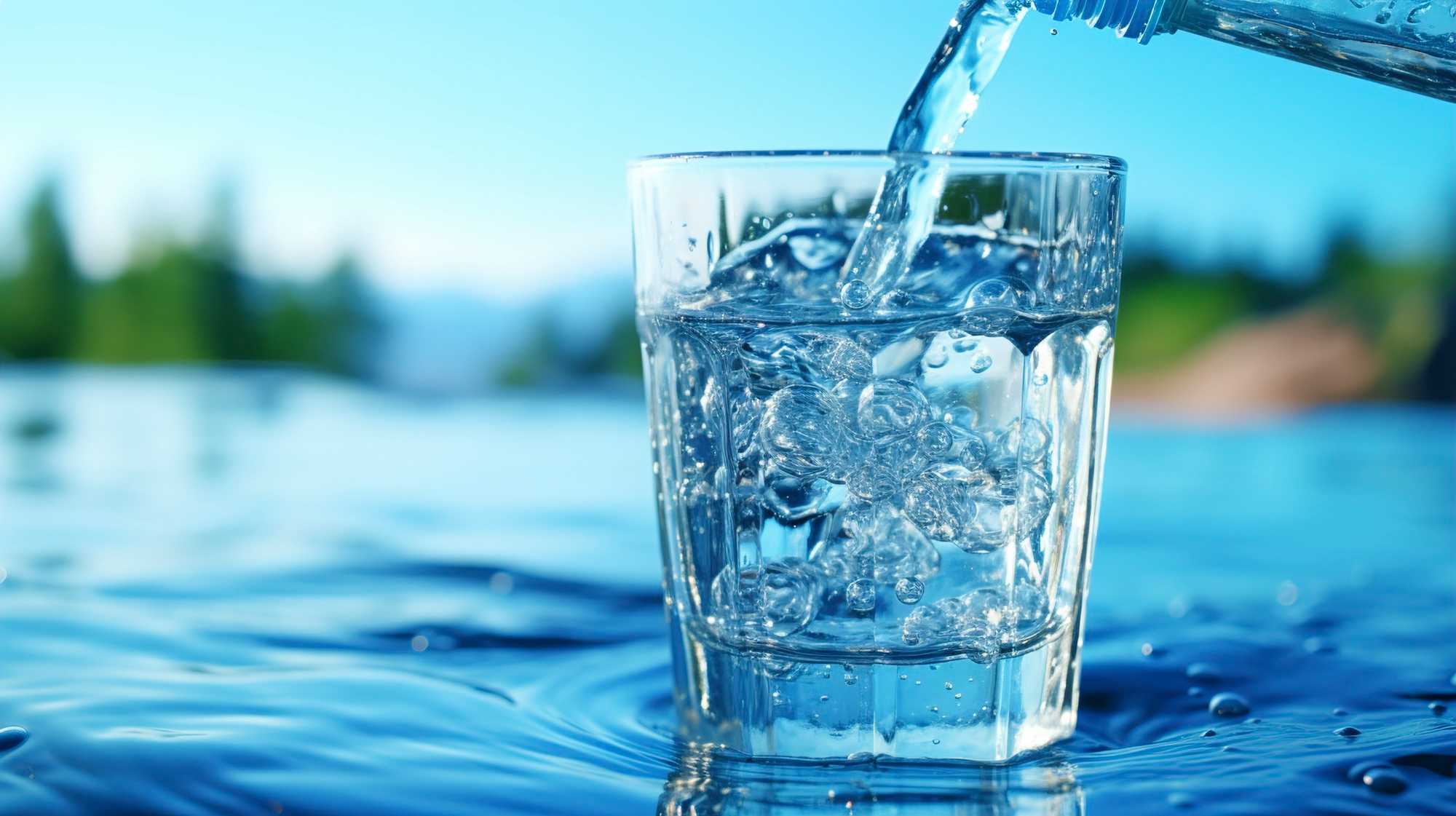Unlock Your Peak Alertness: The Power of Proper Hydration
Discover the secrets to staying sharp and focused throughout the day
PUBLISHED 2024-05-18
Are you constantly battling fatigue and struggling to maintain focus? The solution might be as simple as drinking the right amount of water at the right time. Proper hydration is a game-changer when it comes to boosting alertness and cognitive performance. In this blog, we’ll explore the fascinating relationship between water and alertness, and reveal the best practices for optimizing your hydration routine.
Water and Alertness: The Inseparable Duo
- Dehydration, even mild, can significantly impair cognitive functions like memory, attention, and concentration [1][2][3].
- Studies show that drinking water can improve self-reported alertness and mood, making you feel more awake and focused [1][2][4].
- Water is essential for optimal brain function, as the brain is composed of 73% water. Dehydration disrupts the delicate balance of brain cells, leading to decreased efficiency [3].
The Dangers of Dehydration and Overhydration
- Mild dehydration (fluid loss of 1–3% of body weight) can lead to fatigue, headaches, confusion, and impaired cognitive performance [1][2][3].
- On the other hand, drinking too much water can also be detrimental, causing a condition called hyponatremia, which can lead to nausea, headaches, and even seizures in extreme cases [5][6].
- Finding the right balance is crucial for maintaining optimal alertness and cognitive function.
Timing and Amount: The Key to Peak Alertness
- While individual needs may vary, experts recommend drinking around 90–125 ounces (2.7–3.7 liters) of fluids per day for most adults [7][8].
- For improved alertness, consider drinking water 60–90 minutes after waking up, as this can help counteract morning grogginess [9].
- Sipping water consistently throughout the day can help maintain hydration levels and prevent dips in alertness [7][10].
Best Practices for Long-Term Health and Alertness
- Carry a reusable water bottle with you and set reminders to drink water regularly [7].
- Incorporate water-rich foods like fruits and vegetables into your diet for added hydration and essential nutrients [7][11].
- Avoid sugary and caffeinated beverages, as they can lead to energy crashes and dehydration [10].
Stay mindful of your body’s thirst cues and urine color, as they can indicate your hydration status [5][10].
Conclusion:
Proper hydration is a simple yet powerful tool for unlocking your peak alertness and cognitive performance. By understanding the intricate relationship between water and alertness, and implementing the best practices for hydration, you can bid farewell to fatigue and embrace a sharper, more focused version of yourself.
Key Takeaways:
- Dehydration can impair cognitive functions, while proper hydration can improve alertness and mood.
- Avoid both dehydration and overhydration for optimal cognitive performance.
- Drink water consistently throughout the day, with a focus on the morning and afternoon hours.
- Incorporate water-rich foods and stay mindful of your body’s hydration cues for long-term health and alertness.
References:
[1] Water, Hydration and Health
[2] Effects of hydration status on cognitive performance and mood
[3] The Cognitive Effects of Proper Hydration
[4] Effects of Changes in Water Intake on Mood of High and Low Drinkers
[5] What Is Too Much Water Intake?
[6] Can you drink too much water? Here’s what experts say
[7] 12 Simple Ways to Drink More Water
[8] How much water should you drink?
[9] The Circadian Rhythm
[10] 10 Ways to Boost Your Energy in 10 Minutes or Less
[11] 7 Science-Based Health Benefits of Drinking Enough Water






